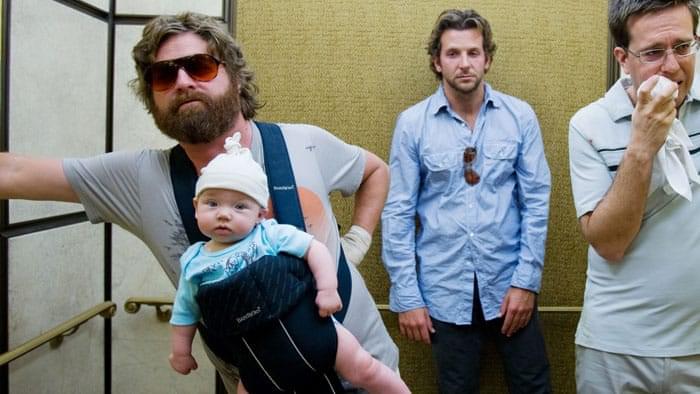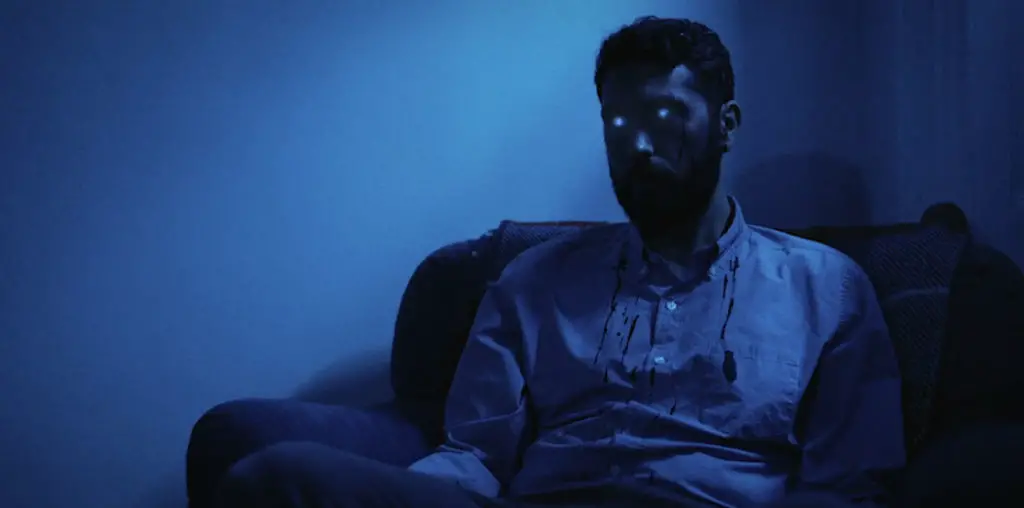
It’s hard to think of two topics more weighed down by dogma in our popular culture than ‘religion’ and ‘drugs’ (ok, maybe race and family). Various vices in our society bear different degrees of moral condemnation and illegality based primarily on economic and/or arbitrary reasons. Marijuana has far fewer health risks than tobacco, but is outlawed primarily due to the economic and political power of 19th-century tobacco farmers who viewed the hemp crop as a market threat.
One place where drugs and religion can collide is in the tiny sub-genre of the “rehab” movie. Too often these films, and in actual drug and alcohol rehabilitation bog down in the message that drugs are bad and the only way you can overcome your demons is by subjugating yourself to the will of your god.
Now screenwriter Susannah Grant and director Betty Thomas mostly avoid these pitfalls in the new film “28 Days”. Unfortunately, they succumb to other ones.
In this comedy, we first meet writer Gwen Cummings (Sandra Bullock) at her sister’s wedding. She and her boyfriend, Jasper (Dominic West) are quite trashed, and after a couple of “incidents”, Gwen borrows the wedding limousine and parks it someplace…inappropriate.
As a result, she’s ordered to 28 days of jail or rehab. Choosing the latter, she meets a colorful assortment of individuals on their own journeys of discovery.
The problem I see with both rehab and rehab cinema is an emphasis on treating the symptoms of the affliction over the source. I don’t believe drugs are inherently bad; addictions are, and I do think the filmmakers understand this. Addictions can vary widely based on the psychological make-up of an individual. I’ve had friends with drug problems who’ve gone through rehab. I’ve known heroin users who hold down 9 to 5 jobs, while Green Bay Packer Brett Favre got addicted to the painkiller Vicodin. People usually take up vices to avoid things; i.e., certain emotional states, reality, sleep, whatever. One reason that rehab usually doesn’t stick, is that the addict focuses on avoiding the monkey on their back rather than finding the cage from which it escapes. You may avoid drugs and you may avoid your drug friends. However, if you don’t do something about your job, your school, your family, or whatever is the source of your pain or pressure, you’ll always be tempted to find solace in the one thing that has worked in the past.
The filmmakers seem to avoid too much analysis of Gwen’s abuses. Other than low-resolution flashbacks to a dead, alcoholic mother, we never really find out why she needs to be so wasted all the time. Instead, the movie just pushes the message, “sometimes we all need to ask for help.” Maybe we do, but first we’ve got to ask for resolution. The movie dances around this idea, but the “take one day at a time” concept is favored over a more long-term solution. I’ll admit, many people’s problems run too deep for closure. Treatment should still address them. You can start by stating that you don’t want a monkey pounding on your head. Which response will work better: asking for someone to help pull the critter off or shooting it in the head?

